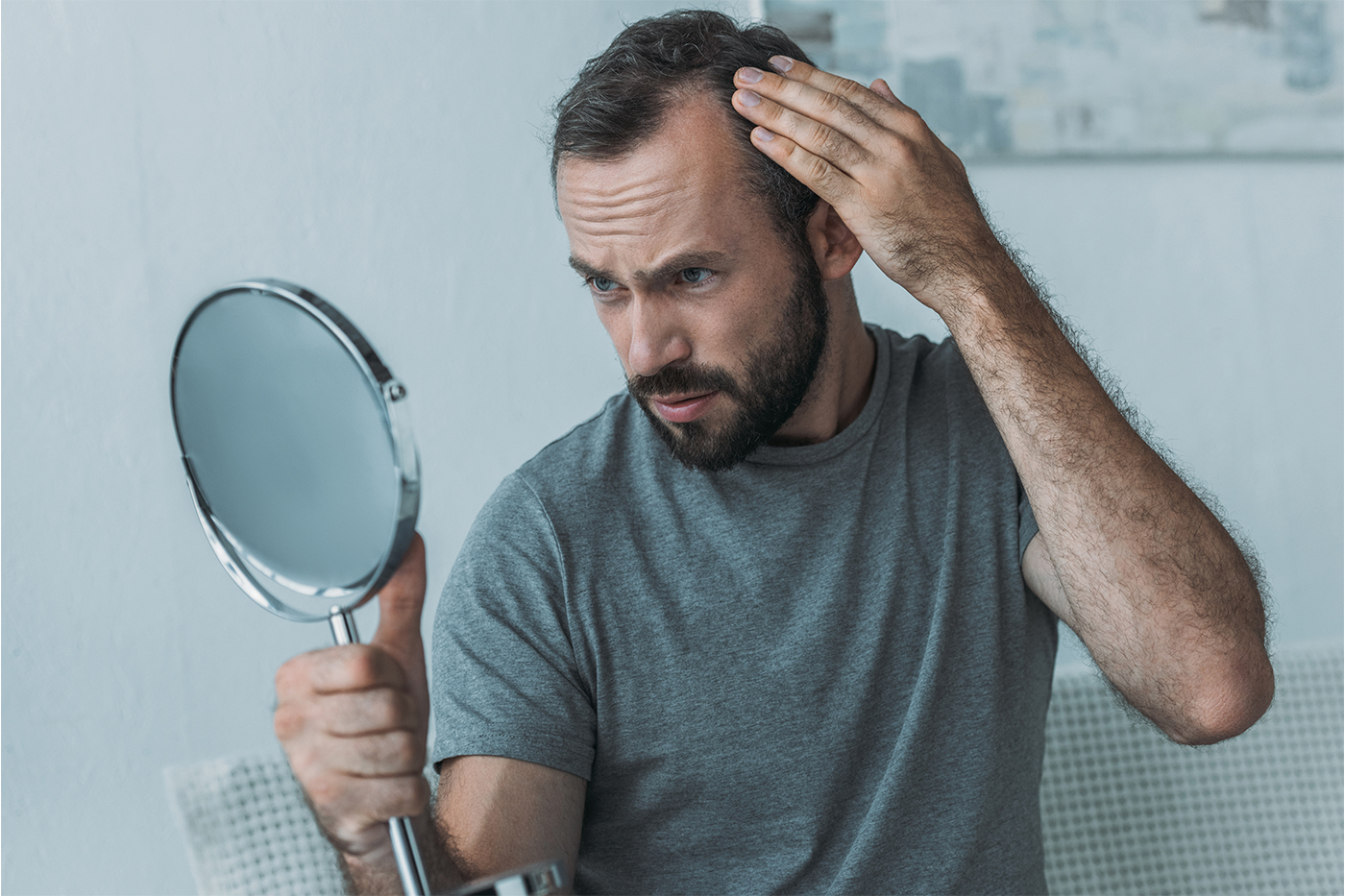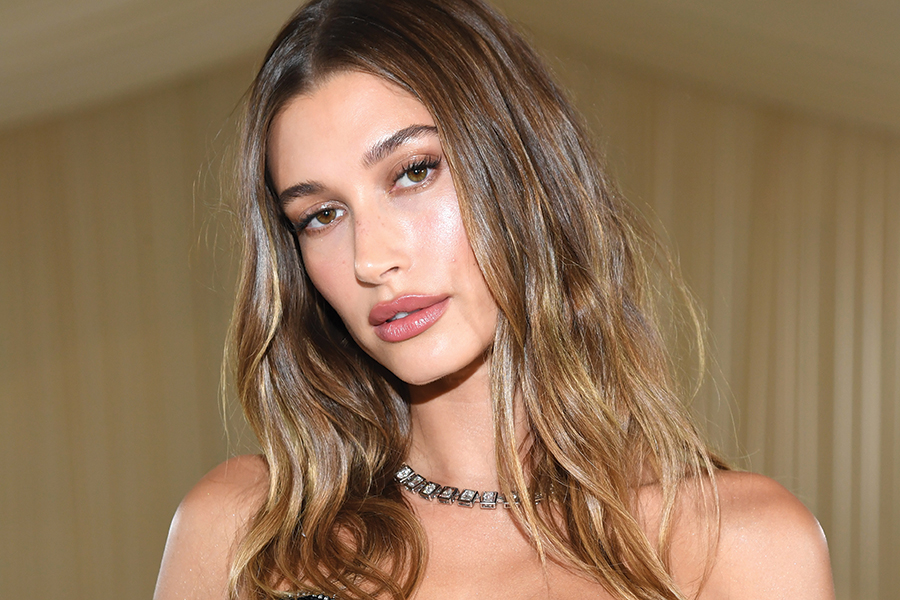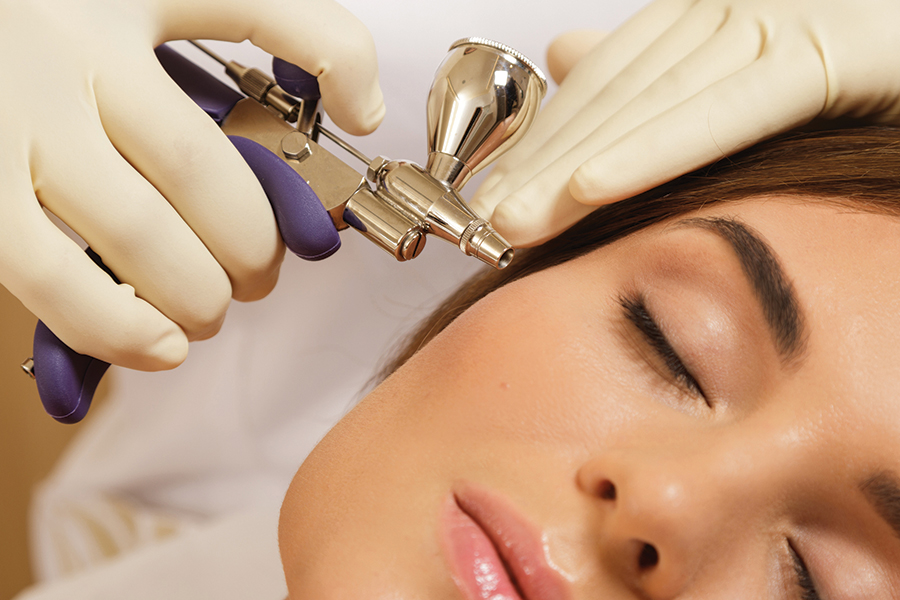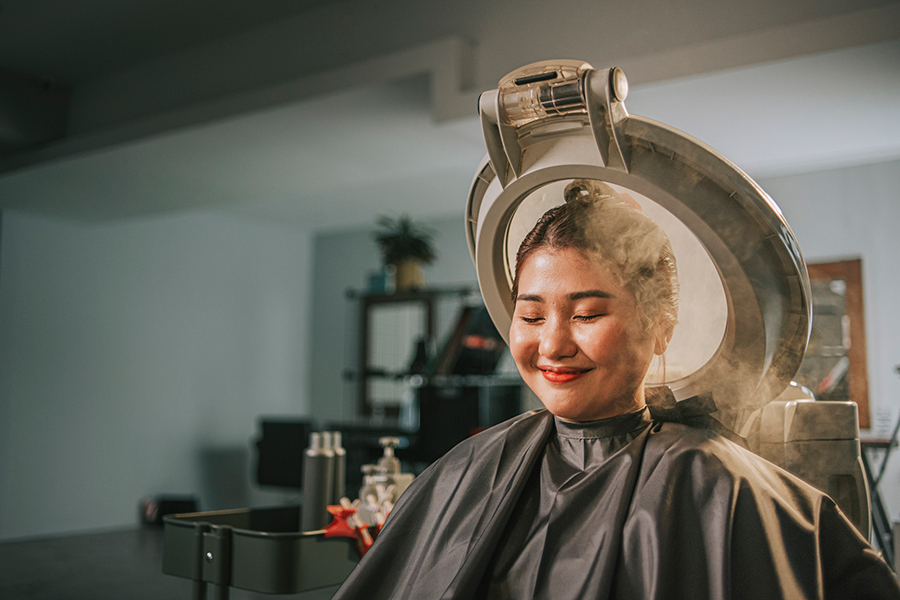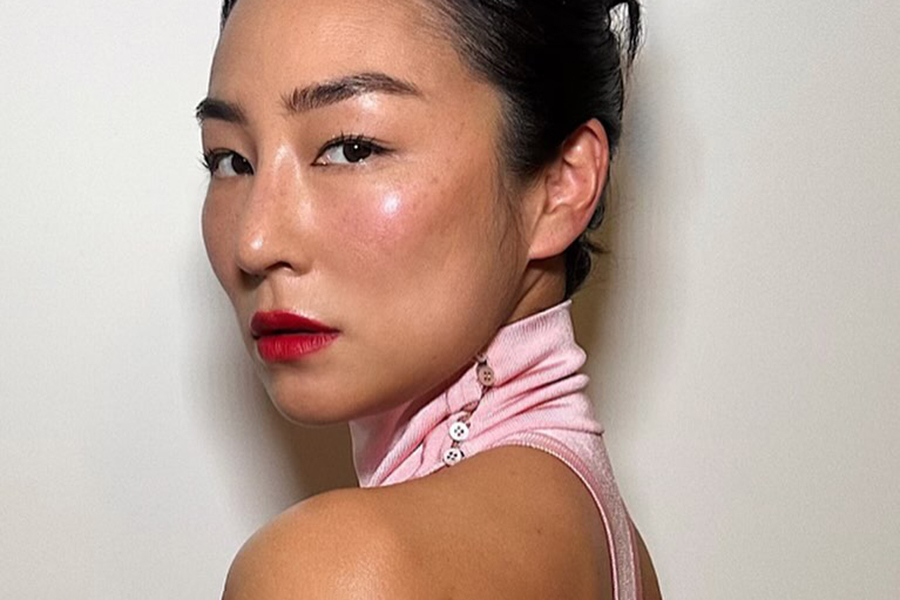Here’s what causes hair thinning in men, its symptoms and possible treatments.
Hair is our crowning glory, no matter the gender or age. Well-groomed hair is as important for men as it is for women. After all, it is the best accessory we have! For men a well-kept head of hair not just adds up to good looks but also adds character to the man’s personality and enhances his identity. But with the lifestyle problems that most men face these days, hair fall has become a common problem for them.
StyleSpeak decodes the causes and balding patterns in men and some popular medical and in-salon treatments that can help treat this condition known as Alopecia.
Dr. Shefali Trasi Nerurkar, Consultant Dermatologist, Dr Trasi clinic and La Piel Skin Clinic mentions that thinning of hair in men is multifactorial and is very common among most men. It causes thinning and balding in the frontal portion of the scalp and affects more than 50% of males above 50 years of age; however nowadays baldness is also seen in younger men in their twenties.

The male pattern hair loss is a genetically determined condition caused under the influence of sex hormones such as Dihydrotestosterone (DHT). Hair cycle consists of three phases- Anagen, Catagen and Telogen. Anagen is the growing phase of the hair cycle. It generally lasts for 3-6 years. DHT is known to shorten this growth phase (anagen) of the hair cycle to a few weeks or months. Along with this, DHT is also known to decrease the hair follicle thickness. This is called miniaturisation of growing hair. Thus, ultimately leading to less or thin hair on the scalp and finally balding of the scalp.
Causes of Alopecia in Men
- Stress – Stress, as we know, can make matters worse and in this case, can eventually result in temporary hair loss.
- Medicines – Many medicines used for various treatments such as cancer, blood thinners, blood pressure medications and birth control can also cause hair loss.
- Autoimmune Diseases – In Alopecia, it is still a mystery why the immune system attacks the hair follicles.
- Medical Conditions – Thyroid disease, lupus, diabetes, anaemia or iron deficiency are also a few conditions which cause hair loss.
- Poor Diet – A low-protein diet can also cause temporary hair loss due to the missing nutrients needed to nourish the body.
- Scalp Disorders – Conditions such as ringworm, fungal and bacterial infections, inflammation of hair follicles, seborrheic dermatitis on the scalp are the most common conditions that cause hair thinning in men.

Symptoms to Watch Out For
- Gradual hair thinning on the top of the head
- Patchy balding
- Sudden increase in hair fall
- Scaling patches spreading all over the scalp – A common symptom caused due to ringworm
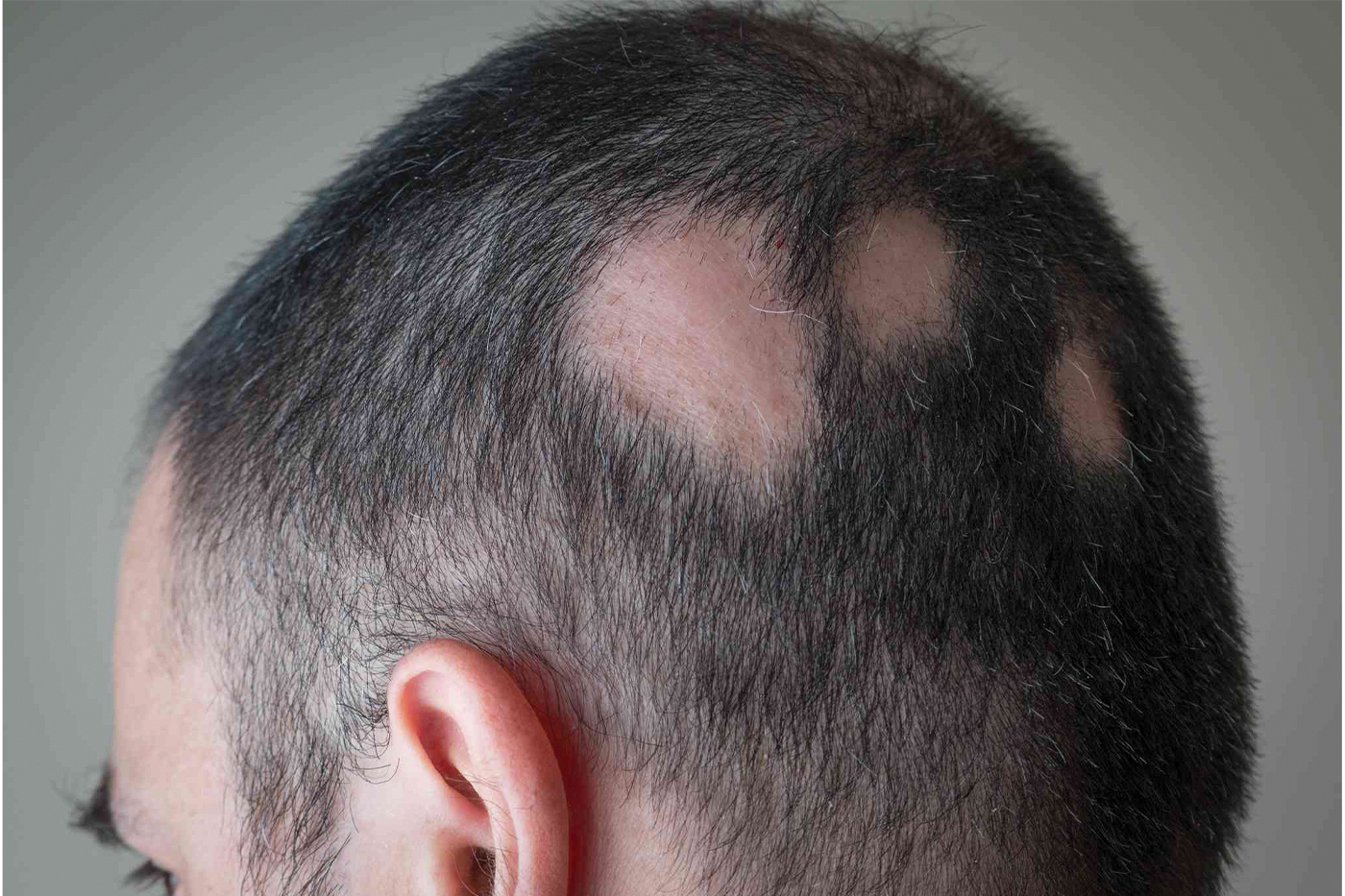
Consultation and Communication
Consultation is the key to offering the right treatment or solution to your client. While in many cases hair thinning in men can be addressed with hair spas that include stimulating the weak hair follicles, other cases might involve conditions that can be diagnosed by trichologists. A proper examination of the problem will further ensure the best results in restoring hair depending on what the problem is.
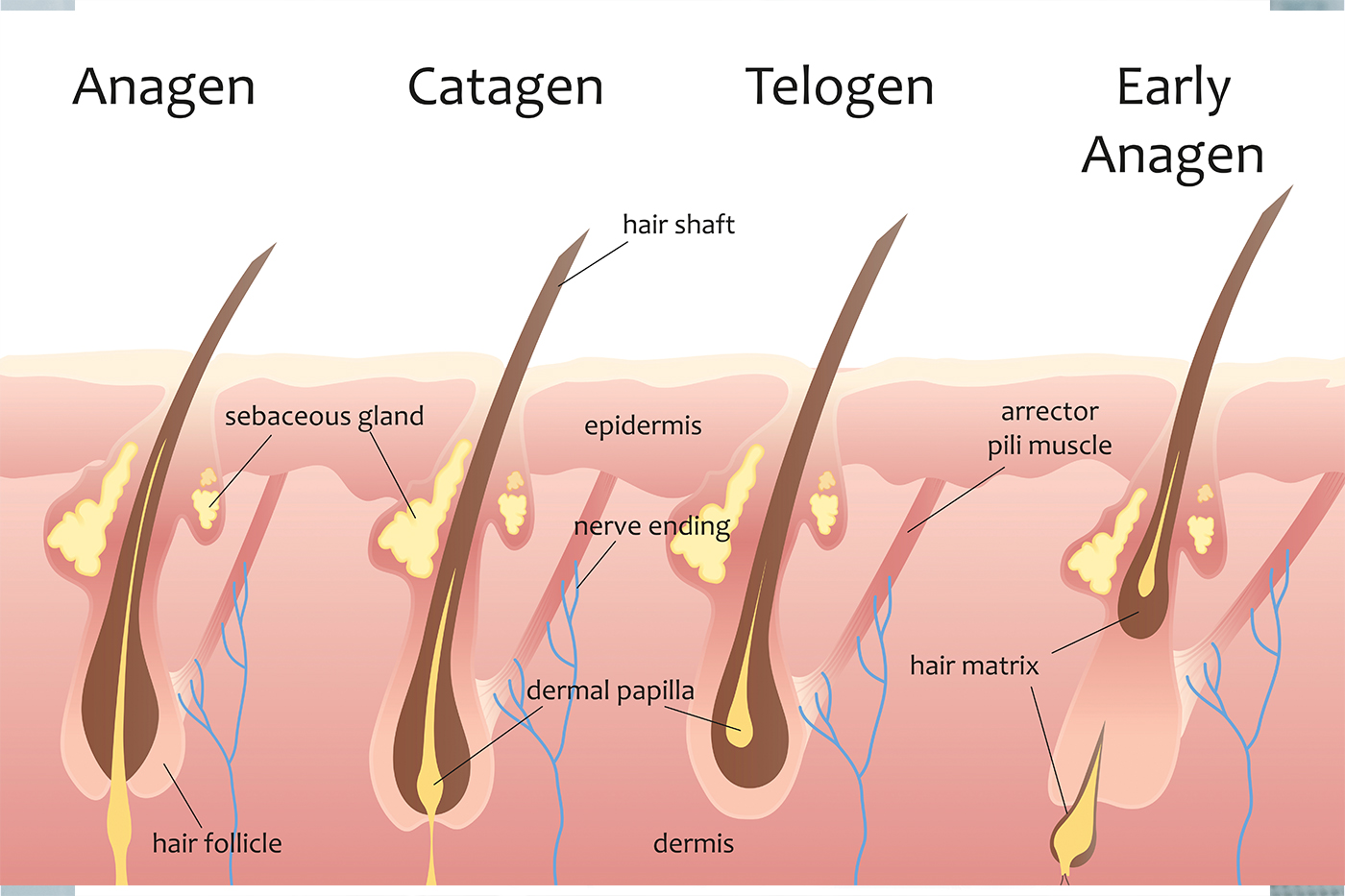
Treatment for Alopecia
According to Dr. Shefali the treatment for thinning hair in men is a prolonged use of oral and topical medications. Oral medications consist of supplements like biotin, amino acids and minerals. Oral hormone tablets containing finasteride or dutasteride can be used to decrease the levels of DHT in blood. Oral minoxidil is also given nowadays to control the hair loss and increase hair growth. Topical medications consist of minoxidil, aminexil, capixyl, procapil solutions in 2%, 5% or 10%. Topical peptide lotions are also used for early hair loss. In advanced stages of male pattern hair loss, hair transplant remains the most common treatment of choice. Hair wigs, hair pieces, toupee can be used if surgery cannot be performed. With all the treatments, a good nutritious diet is extremely important.
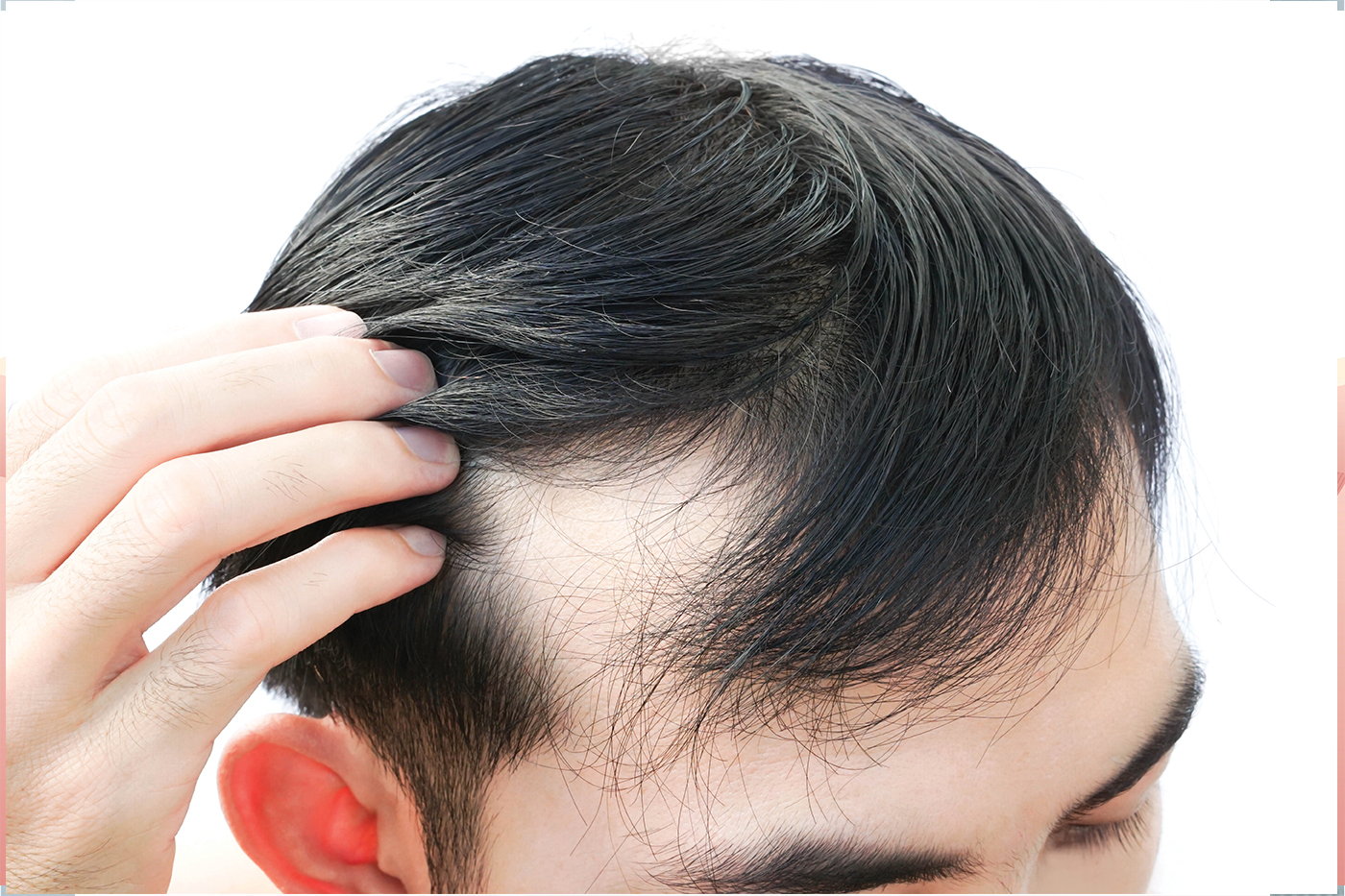
As far as treatments for thinning hair due to medical conditions are concerned, there is no better way but to treat the condition before starting any medication for alopecia.
While there are many treatments to address hair thinning in men, the most important thing that people must do is to adjust their lifestyle. As per a trichologist’s advice, hair thinning in men can be avoided, or rather, delayed by having proper sleep, eating the right food and keeping the body healthy in all ways. So, if your male clients are facing hair thinning problems, help them get the right guidance from a qualified trichologist and get them to practice healthy habits that stimulate hair growth and health.

